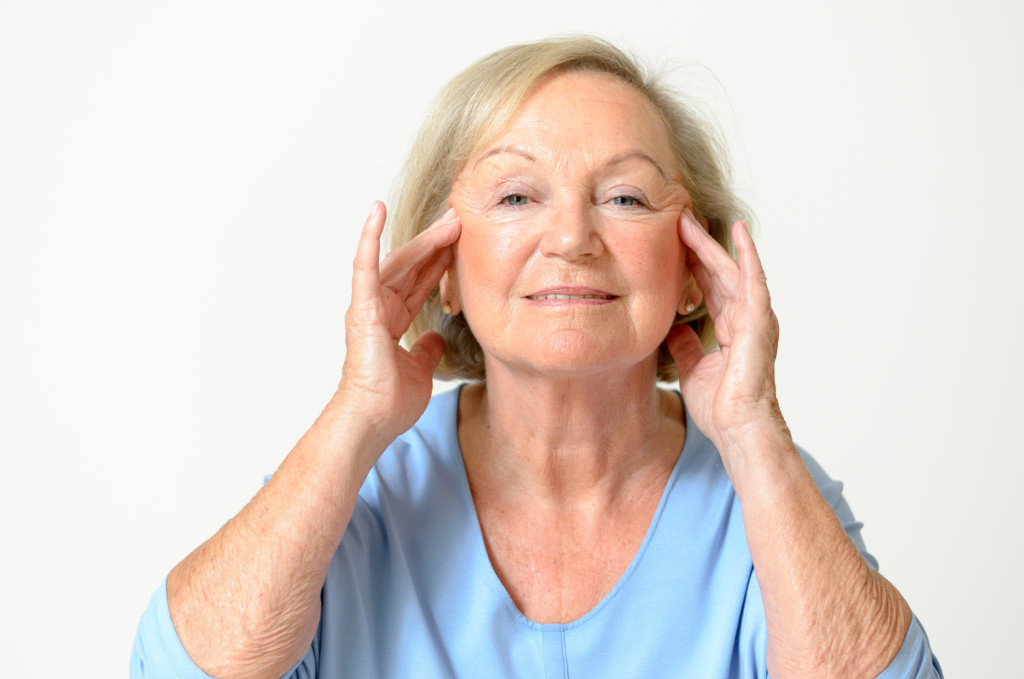There is a clear and undeniable link between mental health and physical appearance. While the nature of this relationship can be difficult to pin down, it is evident that how people feel on the inside often manifests outwardly in their appearance. This blog will explore some ways in which mental health affects physical appearance, as well as examine some possible reasons for this link.
How Can Physical Appearance Be Affected by Mental Health?
It is well-known that stress can lead to physical changes in the body. For example, when someone is under a lot of stress, they may experience skin problems such as acne or eczema flare-ups. Stress can also cause hair loss and make it difficult for wounds to heal.
But stress isn’t the only mental health issue that can affect physical appearance. Depression and anxiety can also take a toll on the way a person looks. People who are depressed may have trouble taking care of themselves, which can lead to weight gain or loss, as well as problems with personal hygiene. Similarly, people who suffer from anxiety may develop facial tics or other physical manifestations of their condition.
It’s not just mental health conditions that can affect appearance, either. The way we think and feel about ourselves can also be reflected in our physical appearance. For instance, someone who is unhappy with their weight may obsess over their diet and exercise routine to the point where it becomes detrimental to their health. Or, someone who is constantly comparing themselves to others may develop body dysmorphic disorder, a condition that causes a person to believe they are unattractive even when they are not.
The Link Between Mental Health and Physical Appearance
Several possible explanations exist for the link between mental health and physical appearance. Here are a few of the most likely ones:
Biological Factors
There is growing evidence that mental health conditions are caused, at least in part, by changes in brain chemistry. These changes can also affect other systems in the body, including the endocrine system, which regulates hormone levels. This, in turn, can lead to changes in physical appearance.
Environmental Factors
It’s also possible that the link between mental health and physical appearance is due to environmental factors. For instance, someone living in a high-stress environment may more likely develop stress-related physical symptoms. Or, someone who is constantly exposed to negative body image messages (such as those found in the media) may be more likely to develop body dysmorphic disorder.
Psychological Factors
Finally, it’s important to consider psychological factors when thinking about the relationship between mental health and physical appearance. After all, our mental health can greatly impact how we see ourselves and take care of our bodies.
How to Improve Physical Appearance to Improve Mental Health?
While the link between mental health and physical appearance is clear, it’s important to remember that physical appearance is just one part of our identity. It’s not necessary to have a “perfect” body or face to be happy and mentally healthy.
That said, there are some things you can do to improve your physical appearance if you feel it would also improve your mental health.
1. Exercise Regularly

Exercise has numerous benefits for mental and physical health. Not only can it help you maintain a healthy weight, but it can also reduce stress levels, improve sleep, and boost mood. Also, because exercise increases blood flow, it can help improve your skin’s appearance.
2. Get Enough Sleep
Sleep is essential for both physical and mental well-being. When you don’t get enough sleep, it can show up in your appearance. You may have dark circles under your eyes, or your skin may look dull and tired. Getting enough sleep can help you look and feel your best.
3. Get a Cosmetic Treatment
If you’re unhappy with a particular aspect of your appearance, there are now many non-invasive cosmetic treatments that can help. You can also get permanent make-up which can make you look your best without putting in any effort. This can be great for people who have anxiety about their appearance.
4. See a Mental Health Professional
If you’re struggling with body dysmorphic disorder or another mental health condition that’s affecting your appearance, it’s essential to get help. A mental health professional can provide you with the tools you need to improve your self-esteem and body image.
Always remember that you are more than your physical appearance. Mental health is about so much more than what you look like on the outside. Just because you may not look “perfect” doesn’t mean you can’t be happy and mentally healthy. Focus on taking care of yourself mentally and physically, and you will be on your way to a happier, healthier life.
